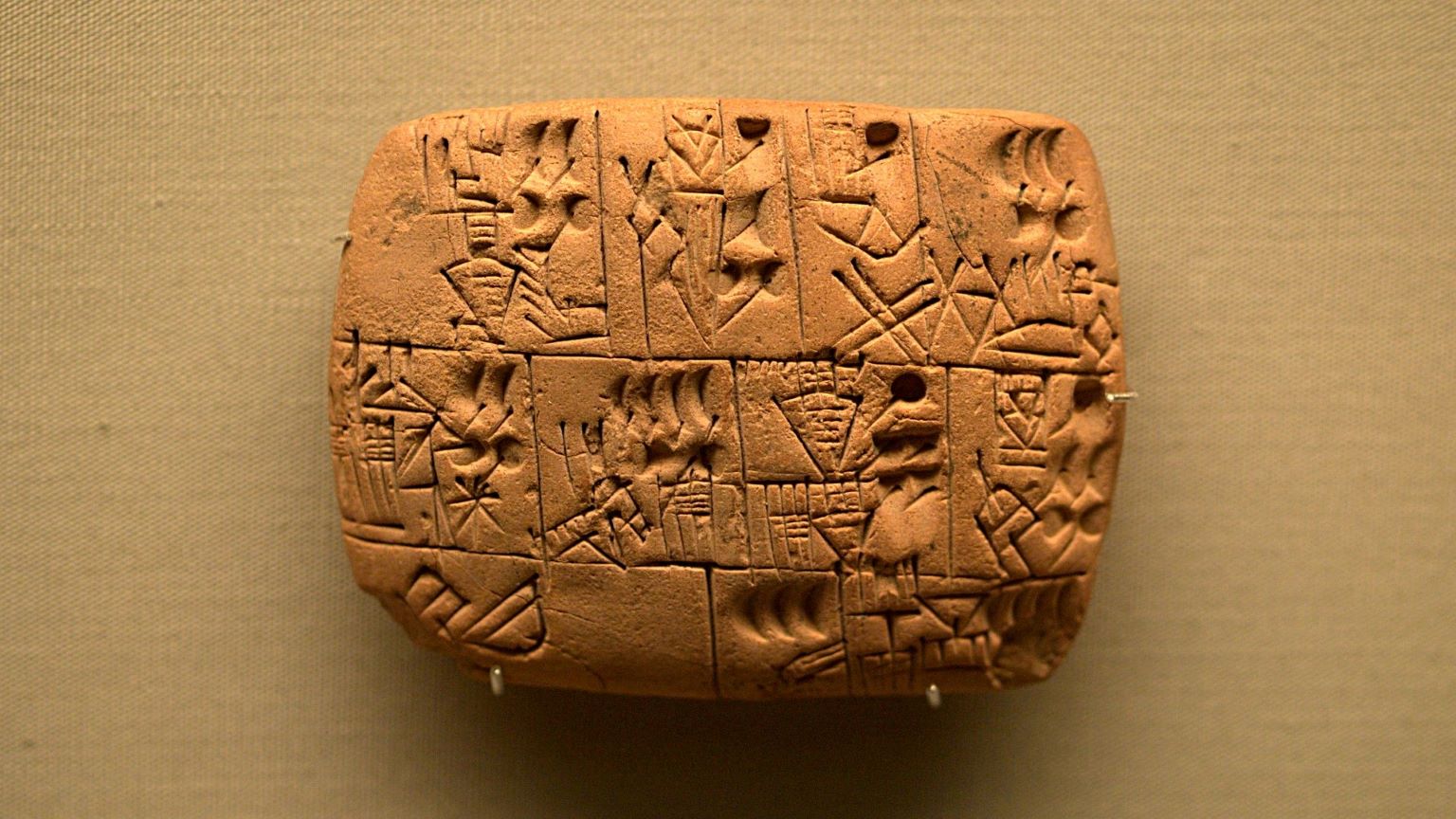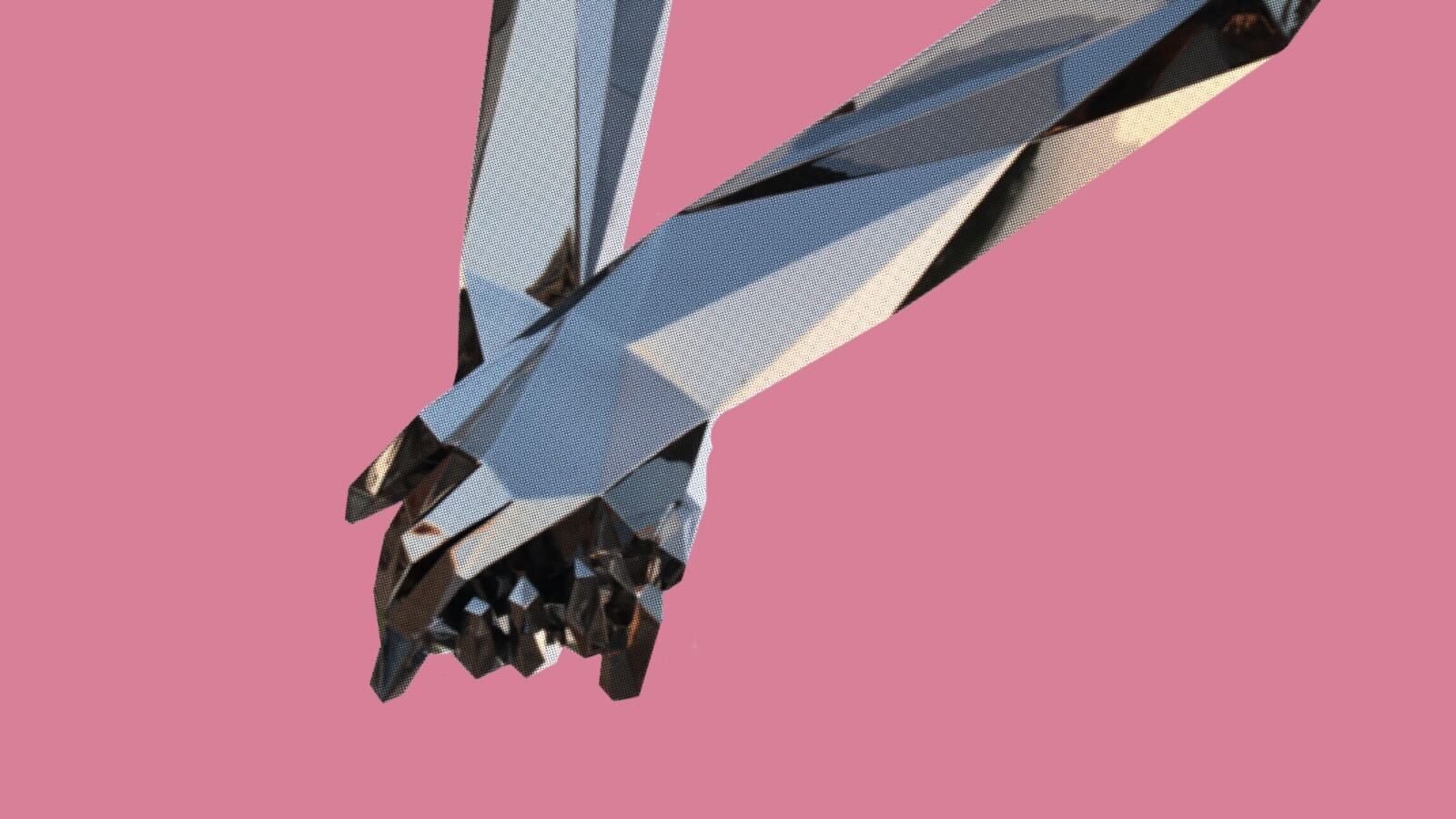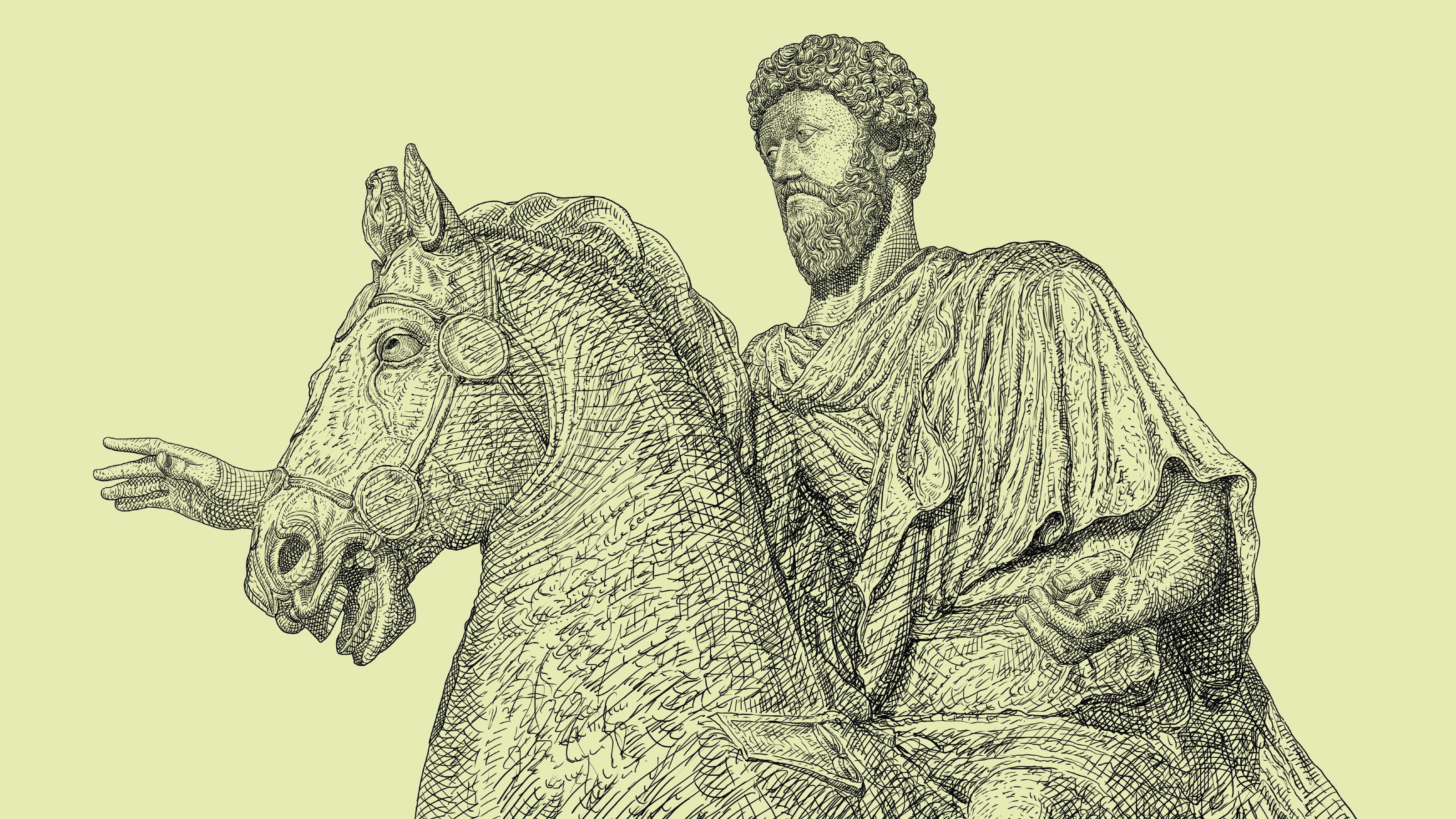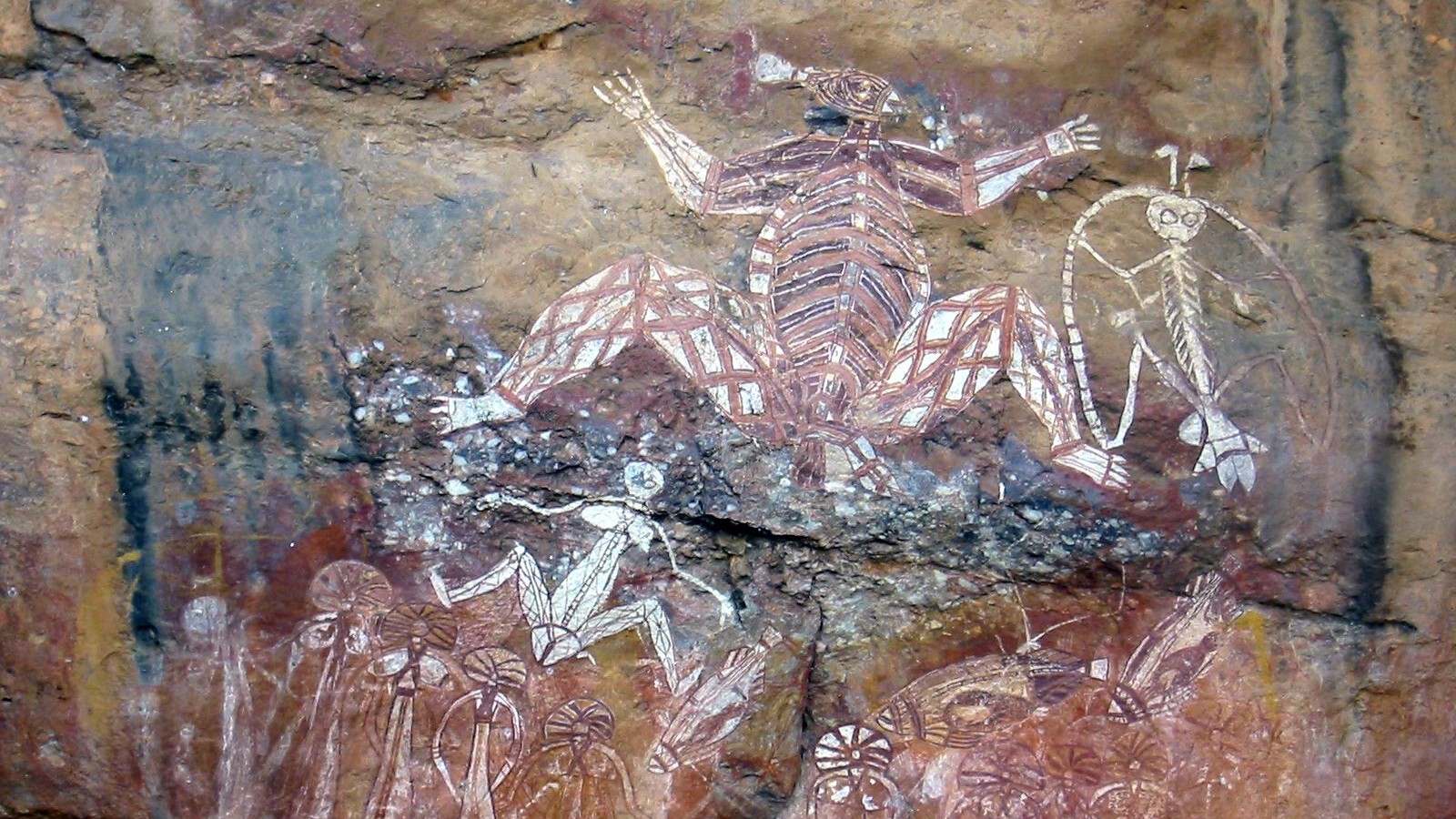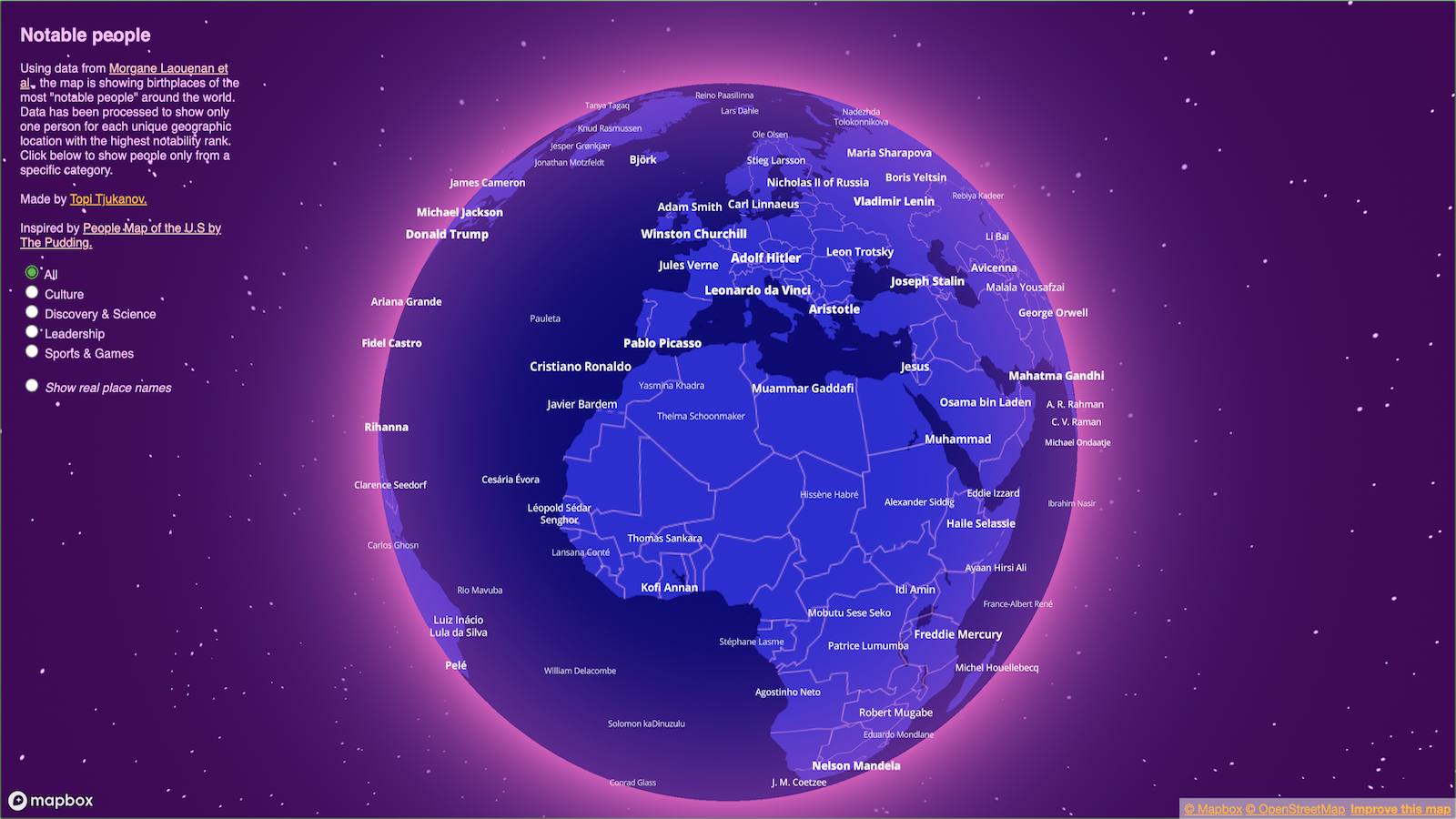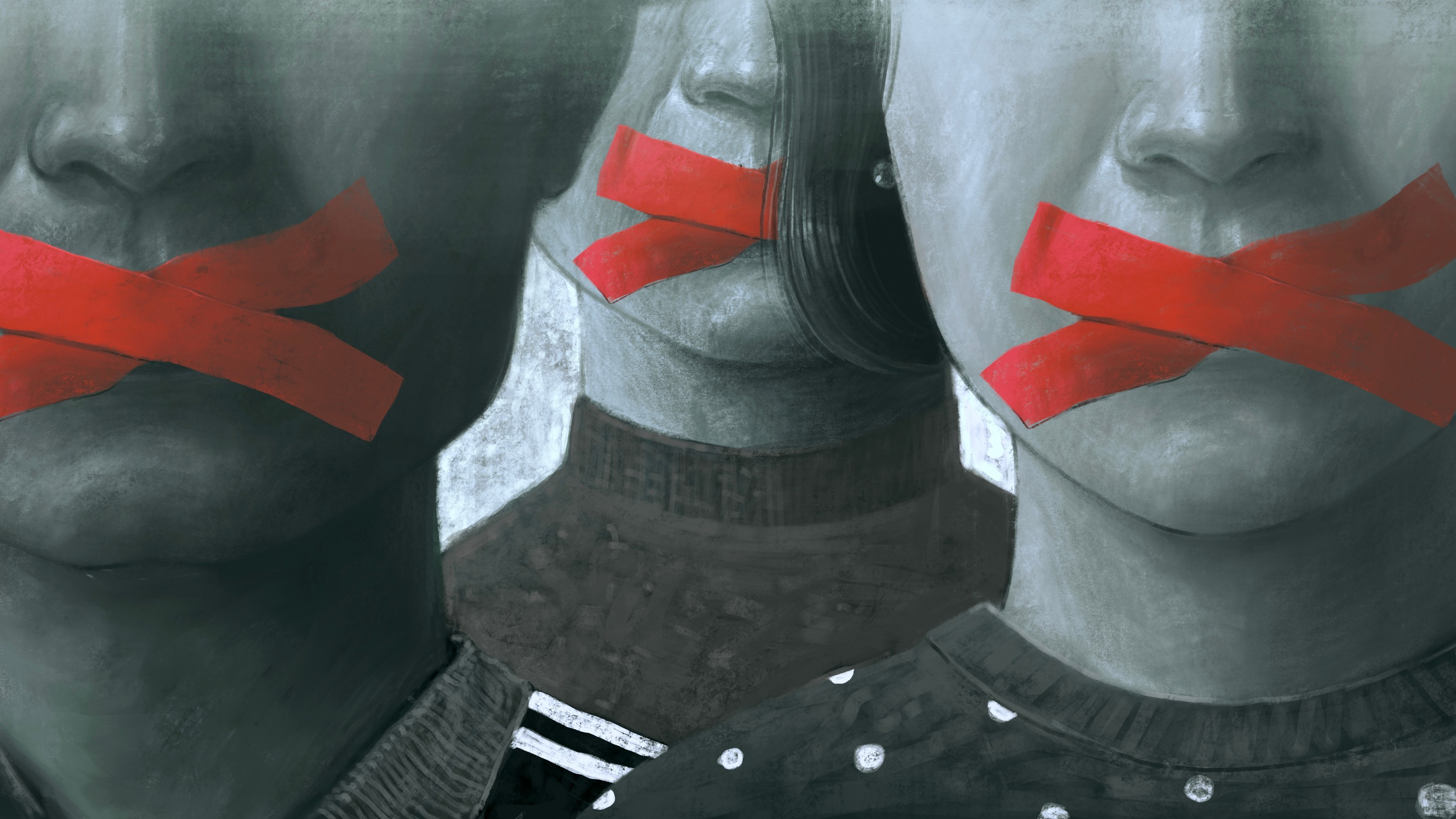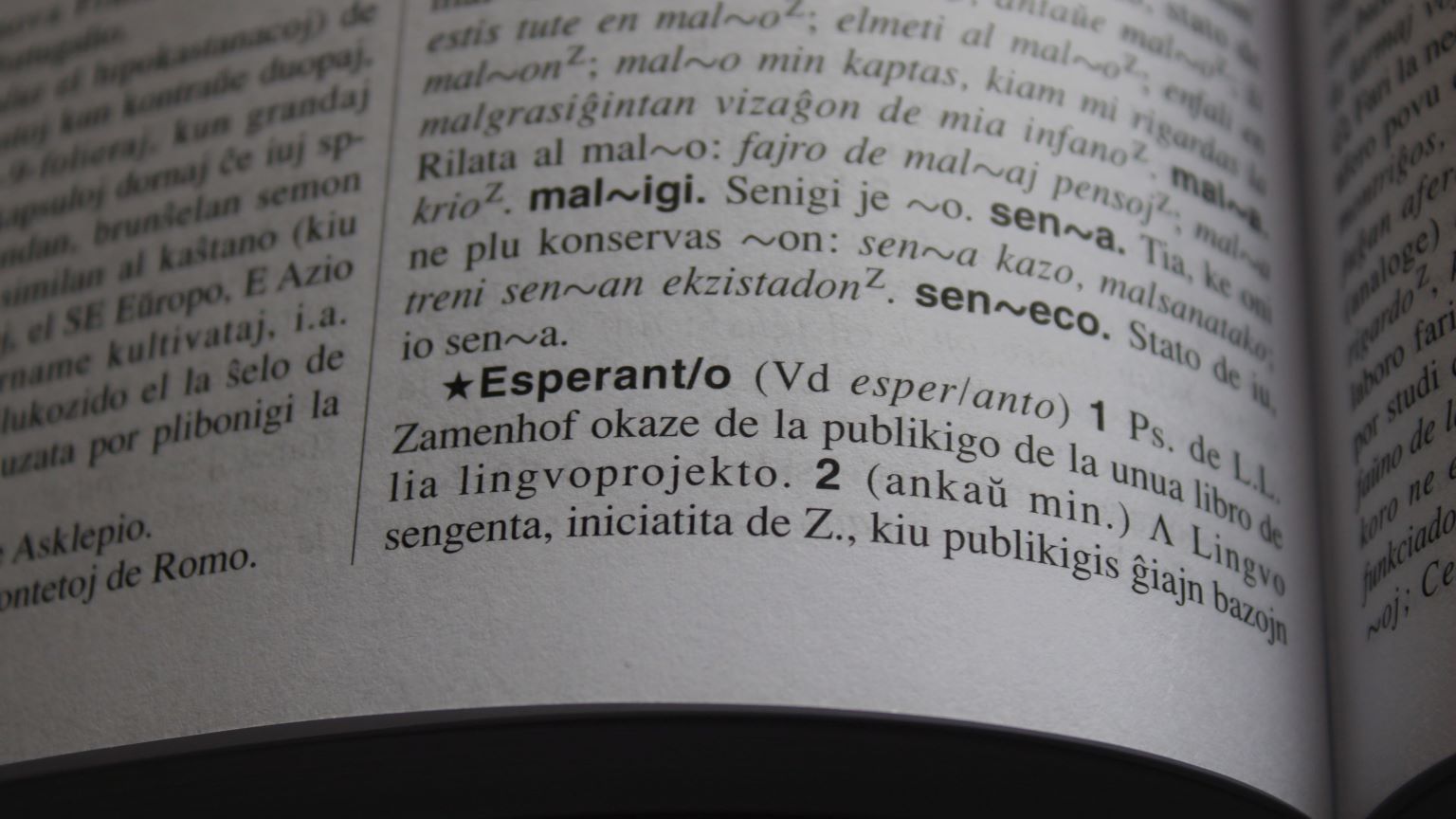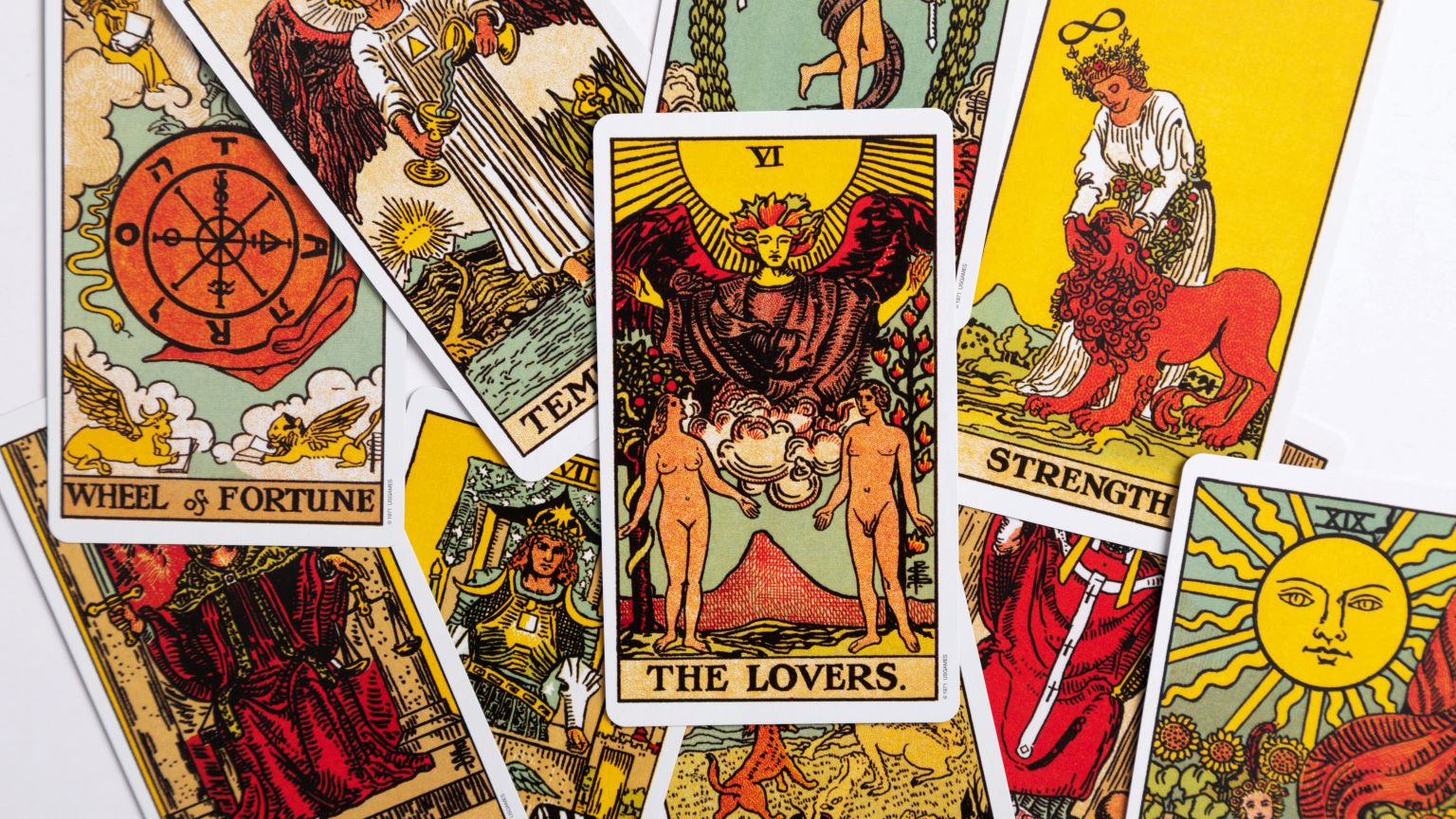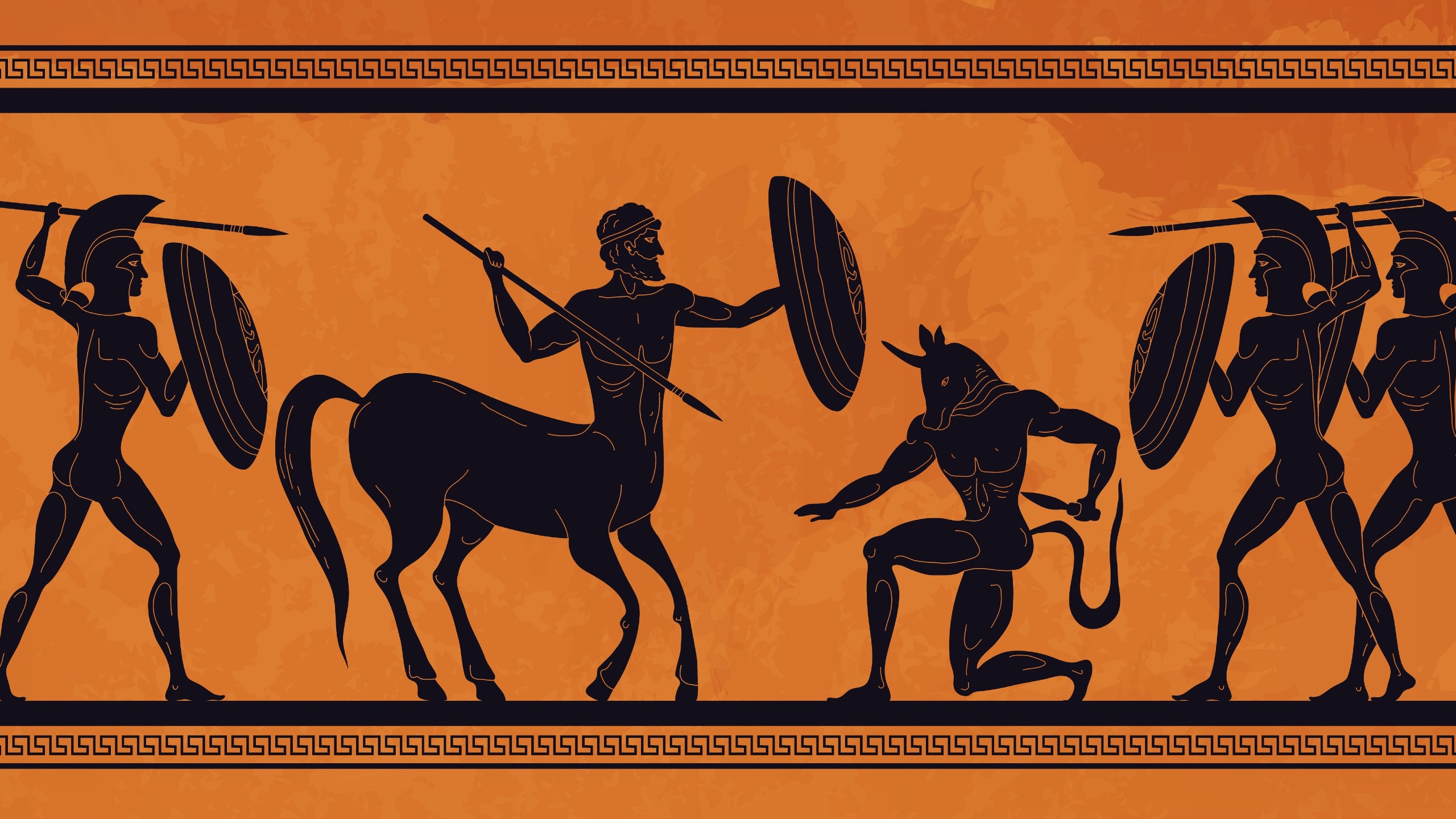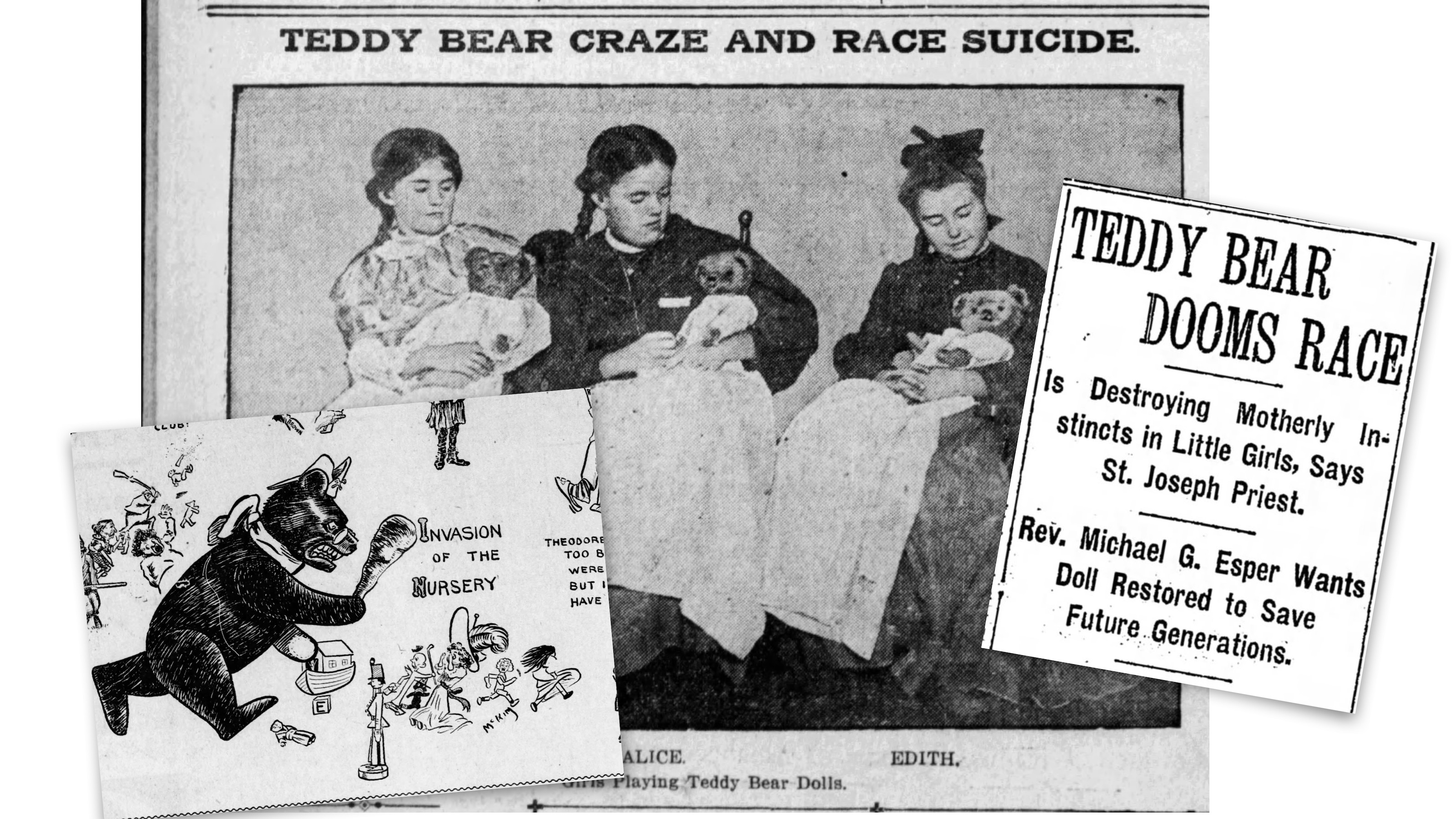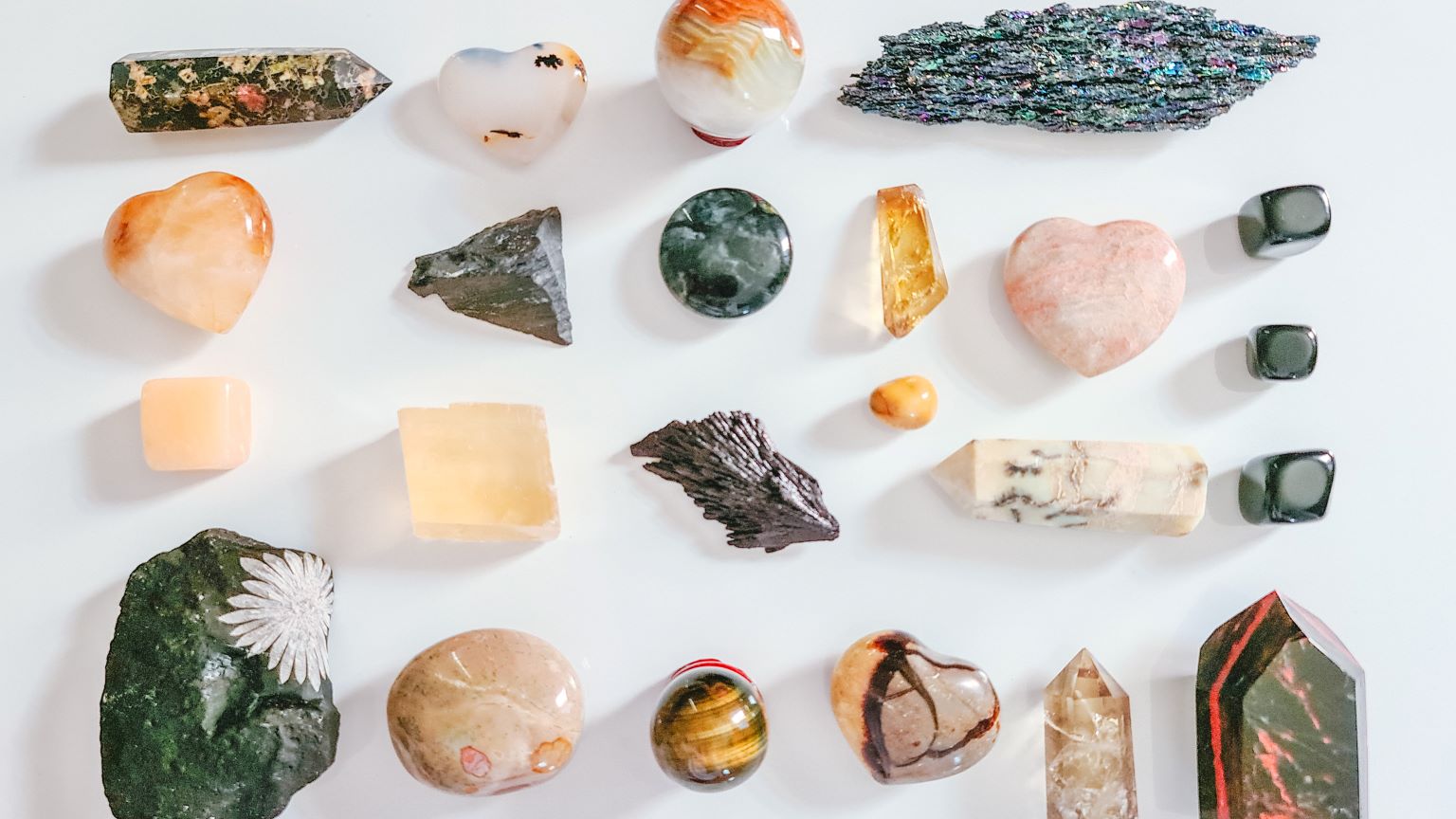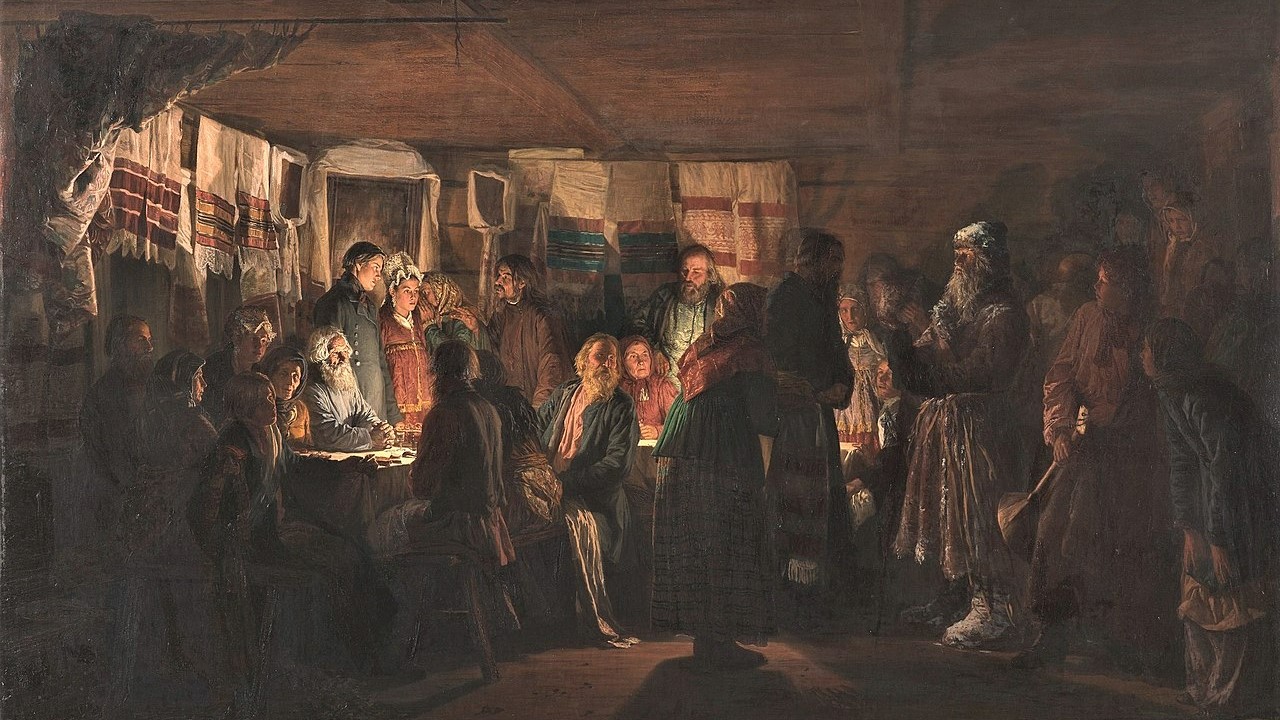culture
From questionable shipwrecks to outright attacks, the Sentinelese clearly don’t want to be bothered.
Mesopotamian beer was not flavored with hops, and it was probably on the thick, porridgey side.
We’re overthinking being nice.
Thanks to genetics and improving nutrition, denizens of the Western Balkans have surpassed the Dutch in height.
People who rate themselves as highly knowledgeable about cats are more likely to interact with cats in ways they don’t like.
Break into London Zoo? Illegal, but it would improve the London Circle Walk
When justice isn’t tempered by something such as mercy, forgiveness, or nonviolence, efforts to make society more equitable often backfire.
Commodus lived the anti-Stoic life, pursuing lust, narcissism, and self-indulgence.
Some artifacts drown in shipwrecks, others are taken by the tide. Many others will vanish as a result of climate change and rising sea levels.
Rock art in northern Australia depicts marsupial lions, giant kangaroos, and other megafauna that populated the Land Down Under long ago.
An interactive “globe of notability” shows the curious correspondences and the strange landscape of global fame.
It is through speaking and listening that human beings become who they are.
Can a shared language promote peace? Some people think so.
Moral panics about the content of children’s cartoons and other forms of entertainment have a long history.
This is a great improvement over the typical brew time of 12 to 18 hours.
In a nod to its addictive qualities, it was first dubbed “Some More.”
Just as there are many types of believers, there’s not only one type of atheist.
Evolutionary psychology could explain those otherworldly feelings.
That Nietzsche quote might not mean what you think it does.
Using data collected from ancient civilizations across the world, researchers identified the most significant factors in human development. War came out on top.
Ideas often taken for granted in the United States and Europe about what it means to be a person are, quite simply, not shared with other cultures.
The fictitious 31st-century world portrayed by the series is actually quite a bit like our own in the 21st century.
In the early 1900s, some Americans feared that teddy bears would not instill maternal instincts in girls, thereby causing “race suicide.”
In the wake of the pandemic, the crystal industry boomed, with customers hoping the stones might relieve a little anxiety.
When you’re a genius, how do you make ends meet?
Three out of four Russians accused of witchcraft were men.
It’s the “intersection of burnout, imposter syndrome, and anxiety.”
The Netflix show about a Birmingham crime family and their personal demons concluded earlier this month.

